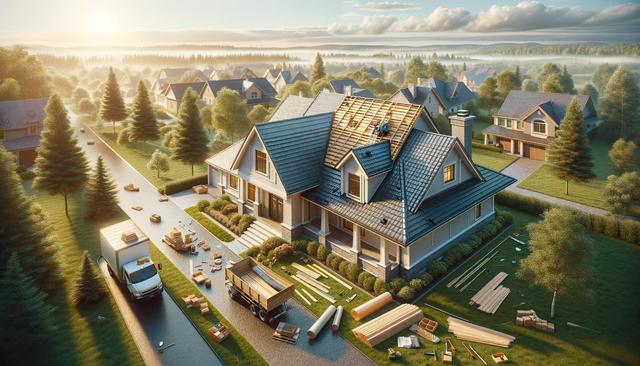
Honoring Senior Veterans: Support, Challenges, and Community Engagement
Understanding the Needs of Senior Veterans
Senior veterans represent a unique and respected segment of the population. These individuals have dedicated a portion of their lives to military service and now face the challenges that come with aging. Their needs often include not only standard healthcare and housing but also specialized support related to their service experiences, such as mental health care, physical rehabilitation, and assistance with navigating veteran-specific benefits. Recognizing these needs is the first step in ensuring they receive the respect and support they deserve.
Some of the primary concerns for senior veterans include:
- Access to quality healthcare services tailored to both aging and service-related conditions
- Affordable housing options that support mobility and independence
- Social isolation and the need for community interaction
- Understanding and accessing government benefits, including pensions and medical programs
In many cases, these veterans are also caregivers themselves or are being cared for by family members. Therefore, support systems must be designed not only for the veterans but also for those who assist them daily.
Healthcare Services and Accessibility
Healthcare remains a critical issue for senior veterans. While there are programs in place to help, many veterans face long waiting times, transportation issues, and complications in managing multiple conditions. Veterans may suffer from chronic illnesses that are common in the general senior population, such as diabetes or heart disease, but they also often deal with service-related conditions such as PTSD, traumatic brain injuries, or exposure to hazardous substances.
To address these issues effectively, healthcare services should include:
- Specialized clinics for veterans that address both physical and mental health needs
- Mobile health units and telehealth services to reach rural or homebound veterans
- Clear and streamlined procedures for accessing benefits and scheduling appointments
Efforts to improve these services can significantly impact the quality of life for senior veterans, allowing them to receive timely and effective care with dignity.
Housing, Financial Stability, and Independence
Many senior veterans face financial insecurity, especially those who served during times when military pay was lower or who had short service durations. Stable housing is essential not only for comfort but also for health and safety. Some veterans may qualify for housing assistance programs, but navigating the application process can be difficult without guidance.
Supportive housing should include features like:
- Accessibility modifications such as ramps, widened doorways, and walk-in tubs
- Community settings that offer social opportunities and on-site health services
- Financial counseling and assistance with managing benefits and pensions
Additionally, programs that promote independent living while offering support as needed can help veterans maintain dignity and autonomy in their later years.
Community Engagement and Social Support
Social isolation is a major concern among senior citizens, and veterans are no exception. Many may have lost touch with fellow service members or may live far from family. Community engagement plays a vital role in combating loneliness and promoting mental well-being.
Communities can support senior veterans by:
- Organizing veteran-focused events and social meetups
- Offering volunteer opportunities that allow veterans to continue contributing their skills
- Providing transportation services to help them stay connected
Involving veterans in community life not only benefits them but also enriches the broader community by sharing their experiences, values, and leadership.
Guidance Through Government and Non-Profit Resources
Understanding and accessing veteran benefits can be daunting, especially for seniors who may not be familiar with digital platforms or complex application processes. Fortunately, various government agencies and non-profit organizations are dedicated to assisting veterans and their families.
These resources provide help with:
- Filing claims for medical and financial benefits
- Locating veteran-friendly housing and long-term care facilities
- Connecting with mental health and counseling services
However, awareness of these resources is often limited. Outreach programs, veteran service officers, and advocacy groups can bridge this gap by providing personalized support and education to ensure that no senior veteran is left behind.
Conclusion: A Community Responsibility
Senior veterans have contributed greatly to their country, and it is a collective responsibility to ensure their well-being in retirement and old age. Whether through improved healthcare, accessible housing, community inclusion, or assistance with benefits, there are many ways to honor their service. By recognizing their unique needs and offering consistent support, society can ensure that senior veterans live with dignity, respect, and the appreciation they deserve. Engaging with local veteran organizations, volunteering, or simply reaching out to a veteran neighbor can make a meaningful difference in their lives.


